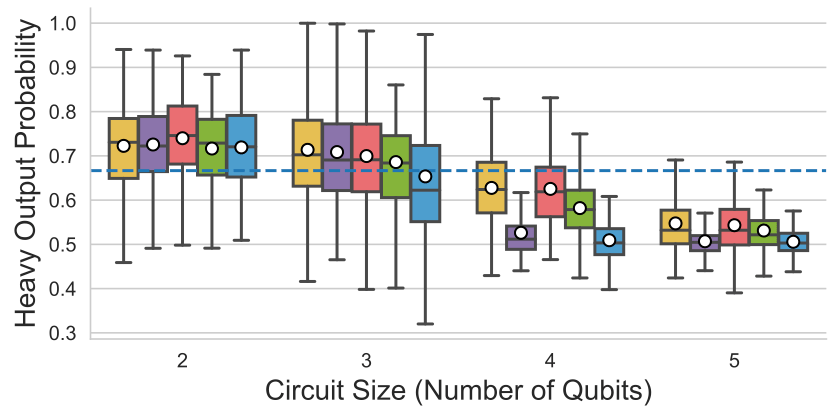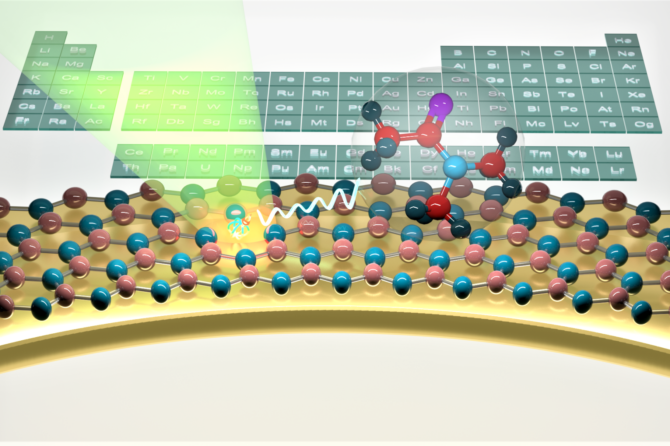Benchmarking of Quantum Computing devices is necessary to measure their performance, and to guide their use and future development. As Quantum Computing systems become more complex, they need to be benchmarked in terms of practical applications they would be expected to do.
A team of researchers at University of Edinburg, Cambridge Quantum Computing and IBM has published a paper which sets out and demonstrates an application-motivated benchmarking framework for full-stack quantum computational systems.
The framework is used to benchmark the performance of several quantum devices made available by IBM Quantum, which are combined with different compiler strategies (enabled by CQC’s tket and IBM’s Qiskit) to produce the full-stack.

By considering three different classes of circuits, motivated by a variety of applications, the framework assesses the strengths and weaknesses of quantum computational systems when performing relevant tasks. This work also considers the effect of different noise-aware compilation strategies, which are used to transform and optimise a circuit. Doing so can inform compiler development for a given application or device.
The paper can be read there.

